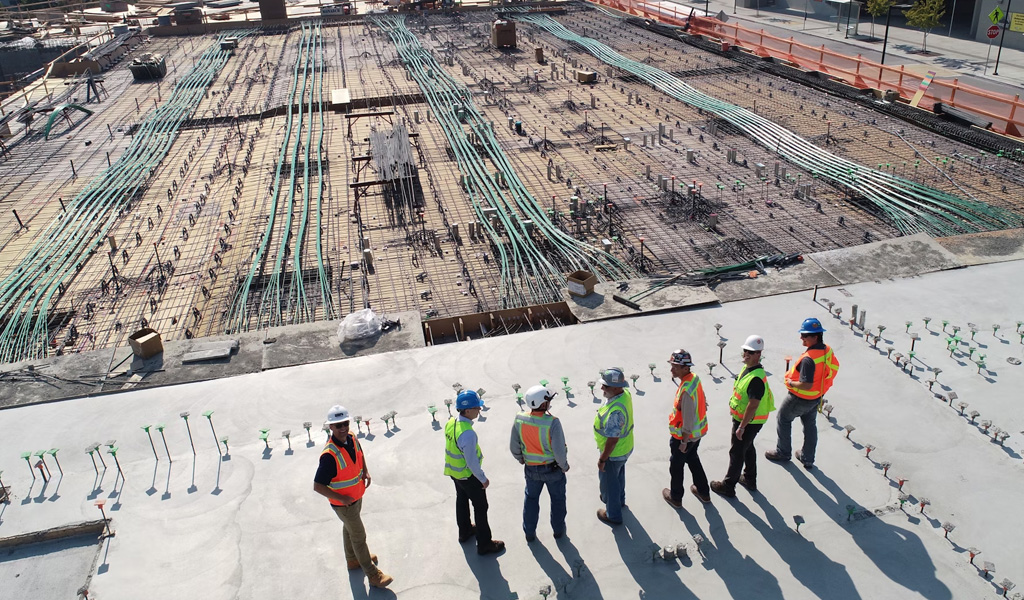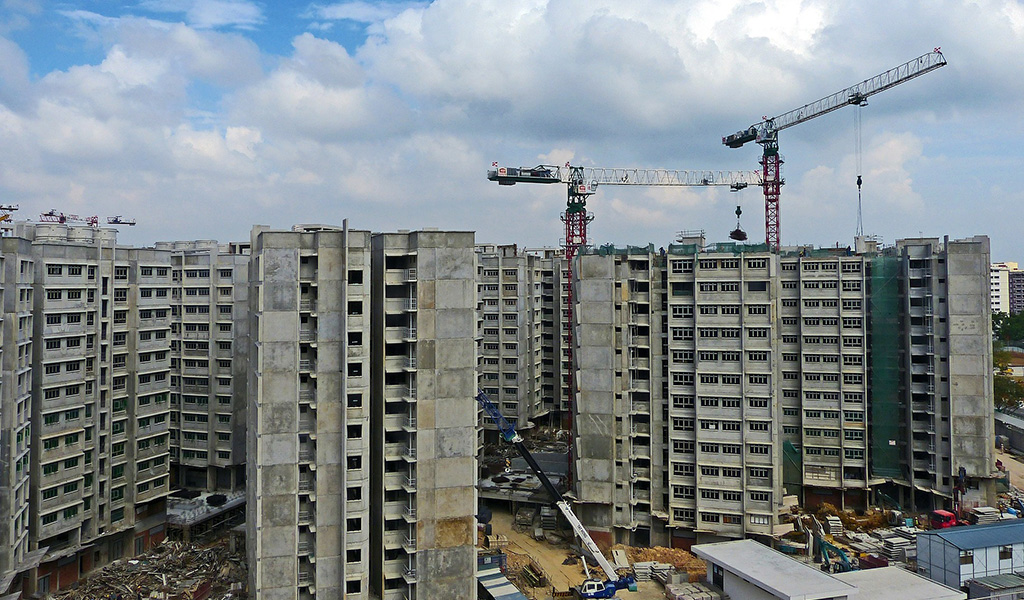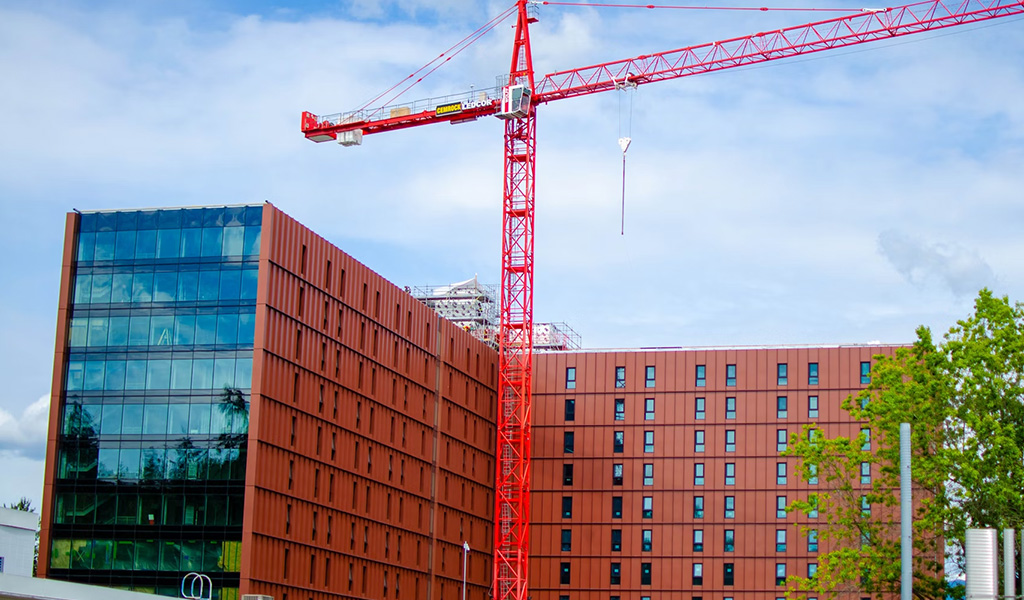Effective project management is crucial to the success of any construction project. In recent years, the construction industry has seen a significant shift towards the use of advanced project management tools and technologies that streamline processes, enhance communication, and improve overall project efficiency. Building Information Modeling (BIM) is one of the most transformative tools in construction project management. BIM allows for the creation of a digital representation of a building, providing a shared knowledge resource for all stakeholders. This 3D model helps in visualizing the project, identifying potential issues, and optimizing the construction process before any physical work begins.
Cloud-based project management software is another tool that is revolutionizing the construction industry. These platforms enable real-time collaboration among team members, regardless of their location. Features such as task scheduling, document sharing, and progress tracking help keep projects on schedule and within budget. The ability to access project data from any device ensures that team members are always informed and can make timely decisions.
The use of drones and aerial imagery is also becoming more common in construction project management. Drones provide a bird’s-eye view of the construction site, allowing project managers to monitor progress, inspect hard-to-reach areas, and ensure safety compliance. This technology reduces the need for manual inspections, saving time and reducing risks.
Real-time data analytics is another powerful tool in construction project management. By collecting and analyzing data from various sources, project managers can gain insights into project performance, identify trends, and make informed decisions. Predictive analytics can also be used to forecast potential issues and take proactive measures to mitigate risks.
In conclusion, advanced project management tools are transforming the construction industry by improving efficiency, reducing costs, and enhancing collaboration. These tools are essential for managing the complexities of modern construction projects and ensuring successful outcomes.



